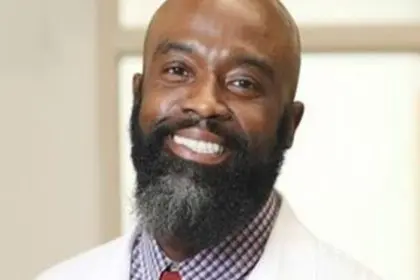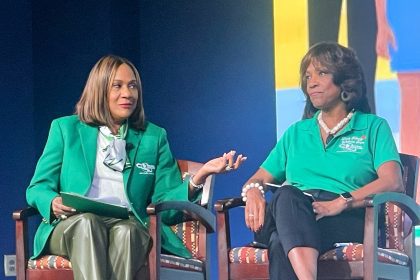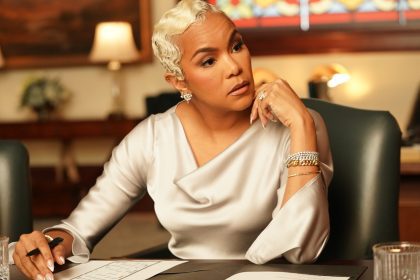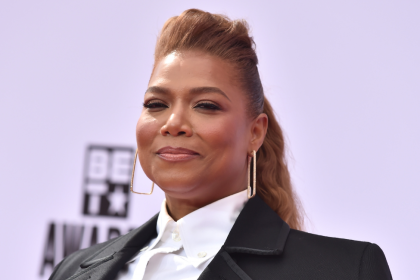
The American workforce is under siege. Modern technology, wage retraction, disappearing blue collar jobs and a prolonged economic slump have all produced unemployment numbers unseen since the Carter Administration. In some circles, an advanced degree, such as an MBA, Ph.D or a juris doctorate, have become a virtual necessity in order to increase marketability.
Dr. Valerie Montgomery-Rice, the Dean and executive vice president of Morehouse School of Medicine, attained her medical degree from Harvard School of Medicine and completed her residency in obstetrics and gynecology at Emory University School of Medicine. She spoke to rolling out about obtaining advanced degrees:
When did you decide to take your education beyond an undergraduate degree?
In my opinion, the decision whether or someone is going get an advanced degree really starts in the 4th, 5th or 6th grade. The question is, are we preparing them to understand how to gain knowledge, such that they are lifelong learning. If you look at the people who have advanced degrees, or if you look at the difference between those who have college [undergrad] degrees and those who have advanced degrees, the limitations on those with undergraduate degrees is information…having the information to tell them that their college degrees are not enough, to take it to the next level to be engaged in the profession at the the level that they want to engage. But the real gap for us in the continuum is not the person who goes from their undergrad to their advanced degree. It is getting that kid through middle school to high school, such that they end up graduating.

When you look at someone like myself or any of us who have advanced degrees … I didn’t start out wanting to be a doctor. I started off wanting to be a lifelong learner. I was excited about chemistry in the 9th and 10th grade. And I said “okay, now how can I now take this knowledge and translate it into something that makes a difference everyday in the lives of people?”
Leadership: Can it be taught or is it intrinsic?
It can be refined. People who are leaders are innately leaders. But clearly there many resources available to help people refine their skills such that they can bring other people along as they advance.
What do you say to encourage young students to go for advanced degree?
You know what I tell young people when they ask me how long did it take to become a doctor. I give them the number of years. But, then I ask them: well, tell me what you would be doing at 21 if you weren’t getting an advanced degree other than work? Then they want to know about the cost. I say the best investment that I am most sure of is the investment in myself because I understand what the return on the investment is going to be. If I can count on anybody, I can count on me.
Do you have advisory board and how long have you had one?
I have always told people that the equalizer is mentorship. If you have the right mentorship and you are willing to work hard, you can be successful. And why mentors make such a difference is [that] you don’t have to repeat mistakes. Mentors share knowledge with you. They are your sounding board, such that they help keep you on course. What I have done over the last twenty years is develop a personal board of advisors. And the most important thing about advisors is that they have to really care about me. And they have to be willing to share with me – frank, direct – information that I would want to receive or not. They have to share that with me and not be so concerned about my feelings, but more so about my success. Some people start getting advisors in high school and middle school and you continue to grow that board of advisors that you may not need all the time, but when you call upon them, they are available.
Best business book you’ve read in the last three years?
Play Like a Man, Win Like a Woman.









